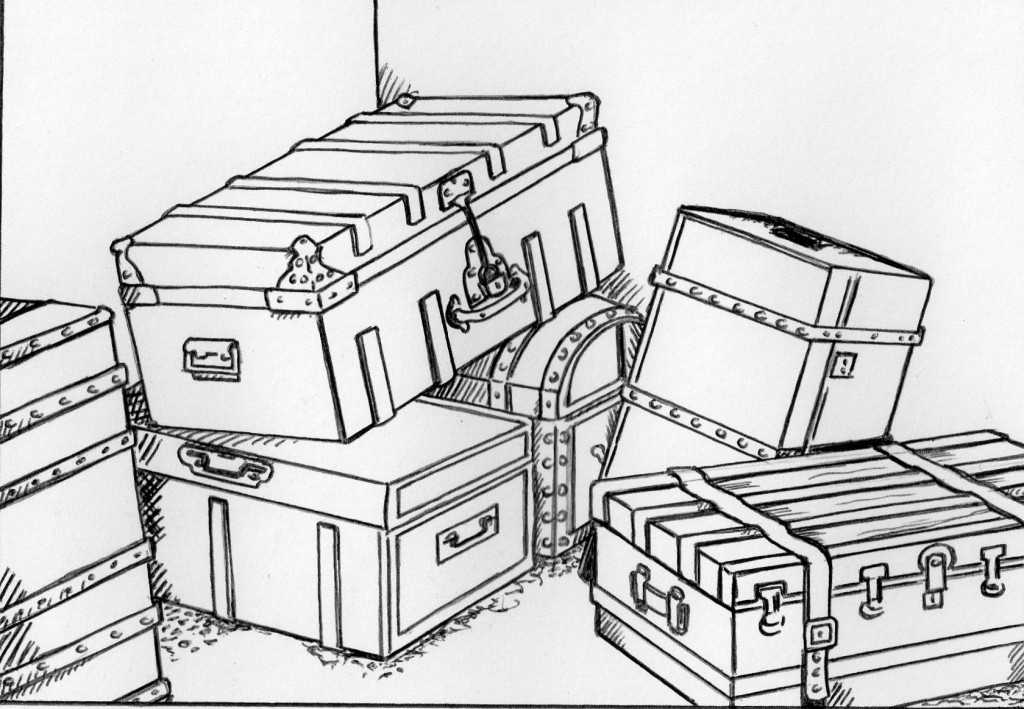
Counselling & Psychotherapy
with adults who went to Boarding School
or have family members who went to Boarding School
Since training in The Boarding School Experience in 2011/12 with Nick Duffell (author of The Making of Them, Arrow Press 2000, and co-author of Trauma, Abandonment & Privilege, Routledge 2016), I have been working with former boarders and partners of former boarders. A core part of my overall training has been my personal therapy, and ongoing curiosity and commitment to my own process – see drawing above and photograph below: my ‘before’ and ‘after’ pictures.
I am a member of Boarding Recovery’s group of therapists – www.boardingrecovery.com.
This particular form of education is still predominantly regarded as ‘privileged’ due to educational opportunities and cost. What has largely been ignored until recently is both the impact of being separated from family, friends, pets and home, and the impact of survival 24/7 amongst peers in an institution – whether at a young age or during early teen years: the cost of hiding vulnerability behind a persona that ‘works’ in the highly competitive, achievement-driven environment.
The effects of adapting to the core requirements of Boarding School can linger long into adulthood.
- Are relationships hard for you to sustain? Do you both long for and resist intimacy?
- Are emotions difficult to express?
- Do you dread goodbyes – prolong, rush or avoid them altogether?
- Do you hoard food, money, belongings?
- Are you a ‘workaholic’?
- Are you ‘institutionalised’ – afraid of life beyond comfort-zone?
As an ex-boarder, you may judge yourself a failure for needing help, resist or scorn ‘making a fuss’. As a human being, however, you may discover that sharing with another person how it really was, and identifying the means by which you managed, can make all the difference.
My work is informed by professional study and practice, by personal experience of boarding and by my own therapeutic process, my view being that each and every child – whether or not he/she acknowledges – pays a psychological price for being sent away to school. Even when neglected, emotionally deprived and/or abused at home.
Opportunities of top jobs and positions of leadership are indeed, in our hierarchical-patriarchal culture, increased, though not guaranteed. But however much conditions improve – heating, diet, pastoral care, contact via technology – the intrinsic competitive-in-all-things environment and ‘stiff upper lip’ ethos based on military lines, remains unchanged and applies to both genders; as do the mores regarding being grateful for such a privileged education.
Each child or teenager, transferring from all that is familiar to a strange environment with no loving adult in situ must fit in quickly. Emotional responses are ignored at best, shamed at worst. More than adapting, more than growing resilience or developing coping strategies, the boarding school child must construct a Persona to serve survival. This means splitting off the emotional self, means suppressing, often repressing (‘forgetting’) and dissociating. The outer ‘face’ becomes the known one, to its owner as well as to peers and staff. Which leaves the ‘hidden’ part lurking, dormant, with unmet needs unattended to; and this ‘shadow’ self is liable to present in compulsive-addictive behaviours.
These ‘problems’ may surface due to the birth of a child or death of a parent, or redundancy, illness, moving house, any event or change at all.
If any of what you have read resonates, and you would like to make an initial appointment, or simply ask questions, please email me: jane.barclay@jbcounselling.co.uk or telephone: 33(0)7812983803.
Session fees £70
For additional information, literature and links to documentaries, please visit the website of BoardingSchoolSurvivors-Support at www.bss-support.org.uk and/or email info@bss-support.org.uk
WORKSHOPS
The Boarding School Experience
1 day workshops for Counsellors and Psychotherapists to raise awareness:
– to understand what it means to board at school:
- in terms of disrupted attachment
- in relation to hierarchy of needs
- in terms of adaptation to institutional living
- in terms of trauma, survival and recovery
- to explore ways the therapist can facilitate re-integration of the boarding-school child
Next date to be arranged.


